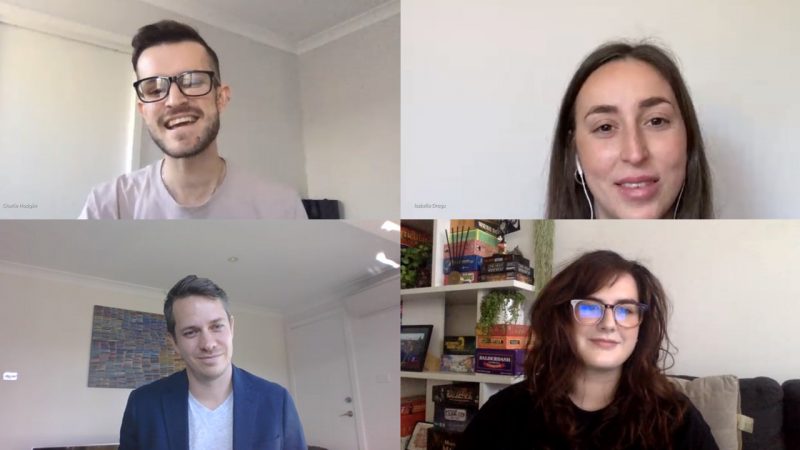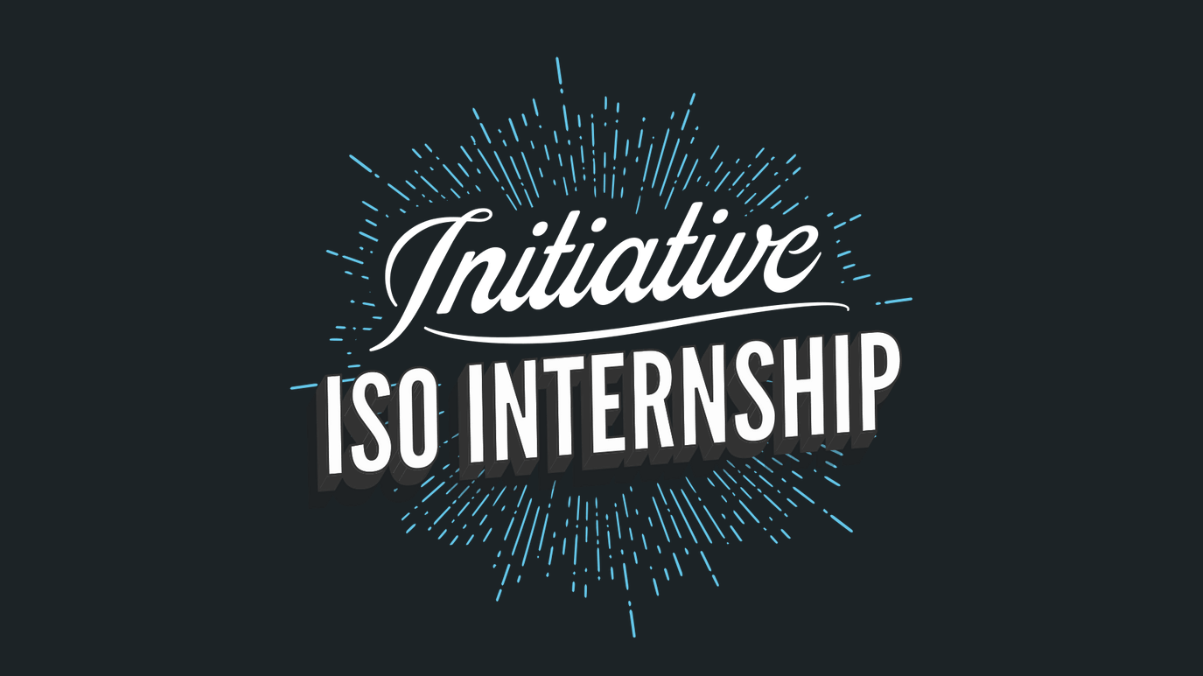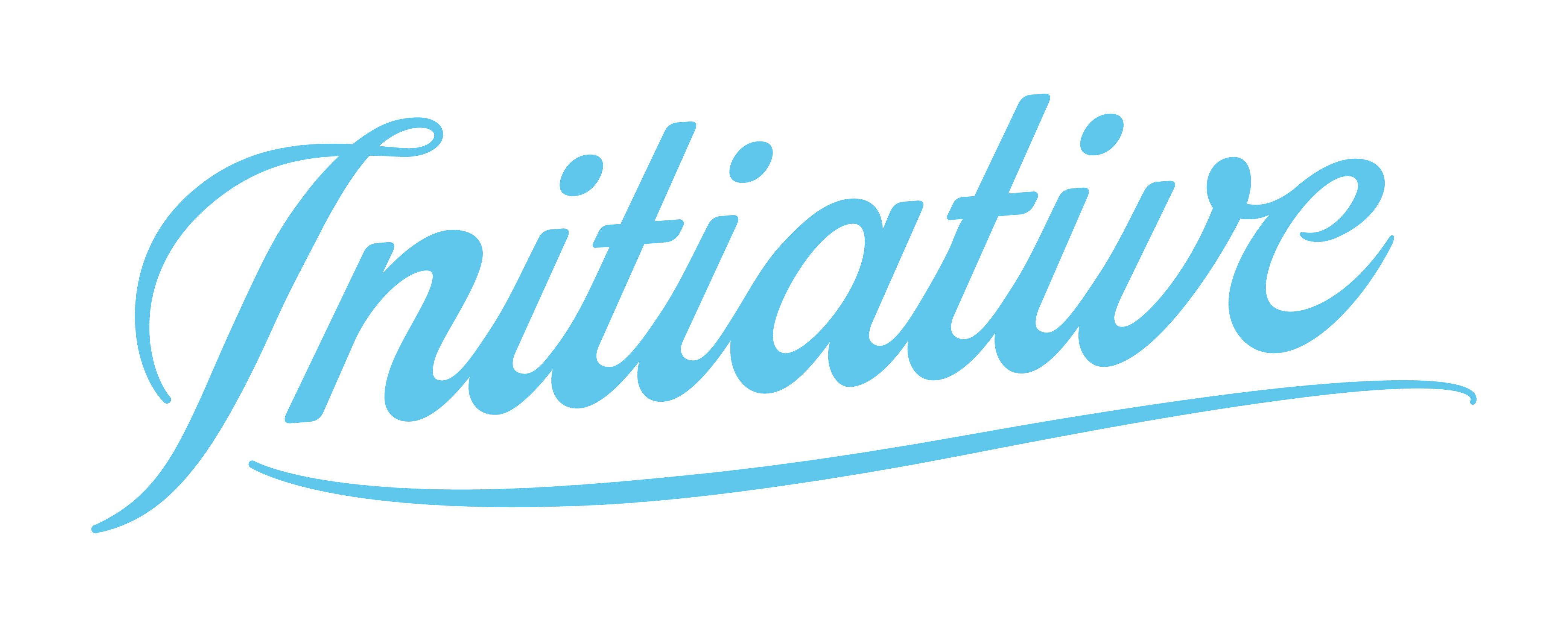Inside Initiative’s ‘Iso Internship’: Yanking down geographical barriers to get ahead in the talent race
It would have been very easy for Initiative to cancel its internship program this year – many of the media agency’s competitors did just that as COVID-19 began to take a toll. But instead, the ‘Iso Internship’ was born, an online alternative to the business’ face-to-face program. Mumbrella’s Brittney Rigby speaks to people and culture director Scott Laird, and two of the ‘iso interns’, about participating in an online internship when you live in a town without wi-fi, pitching from hospital, and debunking Mad Men myths.
When Charlie Hodgkin was accepted into Initiative’s ‘Iso Internship’, he knew he had a big problem to solve: He was about to participate in the media agency’s intensive, four-week program without access to wi-fi. He didn’t, however, anticipate dialling into his group’s final presentation from a hospital bed.
The 24-year-old lives in Mitta Mitta, a tiny Victorian town – the broader Mitta Mitta Valley region has a reported population of 600, but Hodgkin says only around 30 live in the township itself – approximately an hour south-east of Albury-Wodonga.
“Living there in lockdown is no different to living there any other time,” Hodgkin laughs, “because nothing changes at all.
“When I moved to Bathurst when I first started studying [at Charles Sturt University], it was the first place I’d ever lived with street lights.”
Completing a virtual internship without wi-fi required mobile data – lots of it – and some lateral thinking. He was “going tremendously over my [phone plan’s data] allowance for the month, and then I’d be [like], ‘Mum and dad, can I borrow your phone?’
“You just do what you can to make it work,” he says. “I went in a few days to the Charles Sturt campus at Thurgoona [a suburb of Albury]. But of course, with COVID, the libraries are closed, so it was just [me] sitting outside with my laptop in the cold, using the internet [signal].”
There were 14 university students in the inaugural class of Initiative’s ‘Iso Internship’, which asked applicants to “binge watch a show that’s been on your watch list and share three things that marketers could learn about culture from the program” instead of submitting a CV. Four of those interns, including Hodgkin, completed the program from outside a city centre.
“Around 15% of the [60 shortlisted] applicants did come from outside the city-metro areas,” explains Scott Laird, Initiative’s director of people and culture. “We took on applicants who are in areas that we don’t have offices, in markets where we don’t actually have a base.”
COVID-19 has eaten away at the industry, and Initiative’s holding group, IPG Mediabrands, hasn’t been immune. The company has reduced hours, implemented a hiring freeze, and made a number of redundancies.

Initiative is part of IPG Mediabrands
Most holding groups have made similarly tough decisions; it’s the industry’s “worst year in living memory” and battening down the hatches is the only option. But, unlike Initiative, many have delayed or cancelled their traditionally face-to-face internship programs. It makes sense – chunks of staff (those still in jobs) are doing more with less: working reduced hours, using up annual and long service leave accruals weighing down a balance sheet, and absorbing the financial impact of a pay cut.
So why did Initiative think spending a month investing time in interns was the right move?
“As an industry, we have trouble attracting the best talent,” Laird explains. “So we didn’t necessarily feel like it was the best move for us to abandon those talent pathways.
“People are our greatest competitive advantage. For us as an industry, as we rebound from the kind of economic downturn, we need to make sure that we have best people in the right roles, and that’s what success looks like for us.
“We also saw an opportunity that knowing that there weren’t any other internships or placements out there, that it was a chance for us to actually scale. So we took on more than twice the amount of placements that we normally do … It was definitely an investment in time, but when it came back to the purpose behind it, we want to make sure that we have access to the best talent.”
The nature of unpaid university placements
An internship program forced online due to COVID-19 presented a silver lining: the geographical barrier facing regional, rural, and remote talent was gone. The class barrier, however, was not. The internship was unpaid, like a majority of university placements. Publicis Groupe, Omnicom Media Group, and Havas – Havas also offers a separate, paid trainee program – all run university-partnered programs, but delayed them due to COVID-19.
WPP pays interns across a number of programs, including two schemes for Aboriginal and Torres Strait Islander students, and asylum seekers and refugees, respectively, both of which run over the summer. WPP agency Opr also runs a paid program, which has been paused in response to the pandemic. Dentsu Aegis Network did not respond to a request for comment on its internship arrangements.
Laird acknowledges this “poignant question”. If the industry’s talent pipeline is only open to those who are financially secure, or supported, enough to swim through it, a career in this industry will remain largely inaccessible. But it’s not “the internship that you and I probably did when we were trying to get a foot in the industry”, he notes.
“The team aren’t filing papers, they’re not doing admin work. They’re not actually doing any work that [we] would otherwise pay an employee to do,” Laird explains.
“It’s part of the course requirements that they have to finish their degrees. So it’s a learning experience. We actually replicated a full week response to brief for a not-for-profit client, and we mentored them through that process. Everything they do, every touch point, is based on their learning and their takeaway, not necessarily what the business gets back. Our benefit is … we have access to the best talent in market.”
Like Laird says, an unpaid internship needs to be a learning experience. If an agency were to engage an intern to do work it charged clients for, for example, the intern should be paid. Laird acknowledges there’s room for improvement, but opening the program up beyond the metro bubbles is “a leap in the right direction”.

The Fair Work Commission gives some examples as to when student placements are lawfully unpaid. Source: Fair Work Commission [Click to enlarge]
“And we’ll look at how we evolve it to be even more inclusive for people from remote and rural areas. Some of the areas we’re looking at for next year is: Can we make it part time, so it’s more flexible? Can we do it in a modular capacity so people can do within their own capacity and timings?”
From the Middle East to a media agency
Isabella Droga, a 24-year-old UTS student who also participated in the program, “knew nothing” about media agencies before the internship. She had an “unrealistic expectation of what it’s going to be. I think a lot of people think it’s very Mad Men-esque, long lunches, and whatnot, but it’s actually so much more intricate”.
Laird agrees that media agencies have a branding issue: “When we start to hire for graduate level roles, people think we’re creative agencies or PR” agencies.
And while Droga knew she was fortunate to nab a spot when internships are “really few and far between and super competitive”, she was also unsure how willingly a big agency would welcome her in.
“I had a really bad misconception that when you’re a young graduate, no one really cares about you until you’re in a role or in that high position of a creative or strategist,” Droga, who has previously volunteered in a Middle Eastern refugee camp, says. “But seeing the support that we’ve had, it really makes me super excited about where we could potentially go in the future.”
She also loved the “blind audition” process of writing about a TV show – Droga unpacked the cultural impacts of Schitt’s Creek, while Hodgkin streamed the latest season of RuPaul’s Drag Race from his phone – and her initial apprehension about interning online quickly evaporated.
“I’m not gonna lie, I did feel super hesitant in the beginning,” she admits. “[But] it was so intensive that I never felt alone. I probably felt more supported than I would have done typically if I had have gone into the office.
“I would almost be hesitant to do an internship that’s not online now.”

Clockwise from top left: interns Charlie Hodgkin and Isabella Droga, Mumbrella’s Brittney Rigby, and Initiative’s Scott Laird
Droga, Hodgkin, and the 12 other interns spent their mornings in daily briefings. Then, they’d be given time to respond to the brief, before catching up with an Initiative mentor in the afternoon.
“It far exceeded expectations in both the workload and what we got out of it, for sure,” Hodgkin says.
“It was hard to gauge what exactly you were going to be exposed to” without an understanding of the internal workings of a media agency, “but then as they got sort of more and more into it, I was like, ‘Wow, there is actually so much here that I really want to sink my teeth into.'”
The marketing and advertising student was working full time in conferencing and events, before being stood down in March as COVID-19 began to shut down the sector. He’d mentally mapped out a career in that line of work, but “my lecturer emailed me just before the [Initiative] applications closed and said, ‘Hey, you’re not working at the moment. Do you want to take part in this?'”
And now they’ve had a taste of life at Initiative – according to Hodgkin, the “kind of workplace that you could see yourself fitting into and really enjoying the work you’re doing and the people around you” – Hodgkin and Droga are more aware of the swathe of career options available to them.
“It solidified a lot of things for me,” Droga explains. “Just purely seeing how a media agency operates and speaking to people in the business who are in strategy. I definitely know that that’s where I want to end up. And it’s really cool to have the opportunity to get my foot in the door now to be that one step closer to achieving my goal.”
Hodgkin isn’t sure “if it necessarily solidified anything, but I think it destroyed everything that I had previously [thought]”.
“It’s just showed me that there’s so much out there that I haven’t yet explored or touched on or even realised was there that might be that thing that I really want to get into,” he says.
As for what graduates in his position need from the industry? “A chance.”
Presenting from a hospital bed
Hodgkin started the internship in Mitta Mitta, but finished it in hospital. About halfway through the four-week program, he had his tonsils removed, and was re-admitted to hospital on the final day of the internship in mid-July.
Laird notes that Initiative understandably “didn’t expect Charlie to turn up” to the presentation of the not-for-profit brief. But he did. “The poor people around me didn’t know what was happening on my computer screen in the hospital bed,” Hodgkin laughs.
“He couldn’t talk,” Laird adds. “So he gave the team a few thumbs up for encouragement as they were presenting their response … And the client loved it. It was incredible.”
It’s this level of commitment that means, in Laird’s view, Initiative made the right call doubling down on its internship program this year. In 2019, 80% of placements turned into full-time opportunities, and Laird hopes to replicate that success rate once this batch of interns graduate at the end of the year.
“We on-boarded them into Initiative and we mean that. This isn’t a ‘See you later, goodbye’,” he says.
“We’ve offered support any way that we can to help them through the next six months to get into the workforce … so CV coaching, LinkedIn support, interview coaching, all of that’s important for us. But ultimately, when opportunities come up, these will be the graduates that we’ll be talking to first.
“We were amazed at the calibre of the students that participated in the program. Their thinking was outstanding. And it gives me a lot of comfort knowing that the next generation of leaders in our business is in good hands.”




Terrific insight on a complex issue- always a pleasure to read Britney’s features